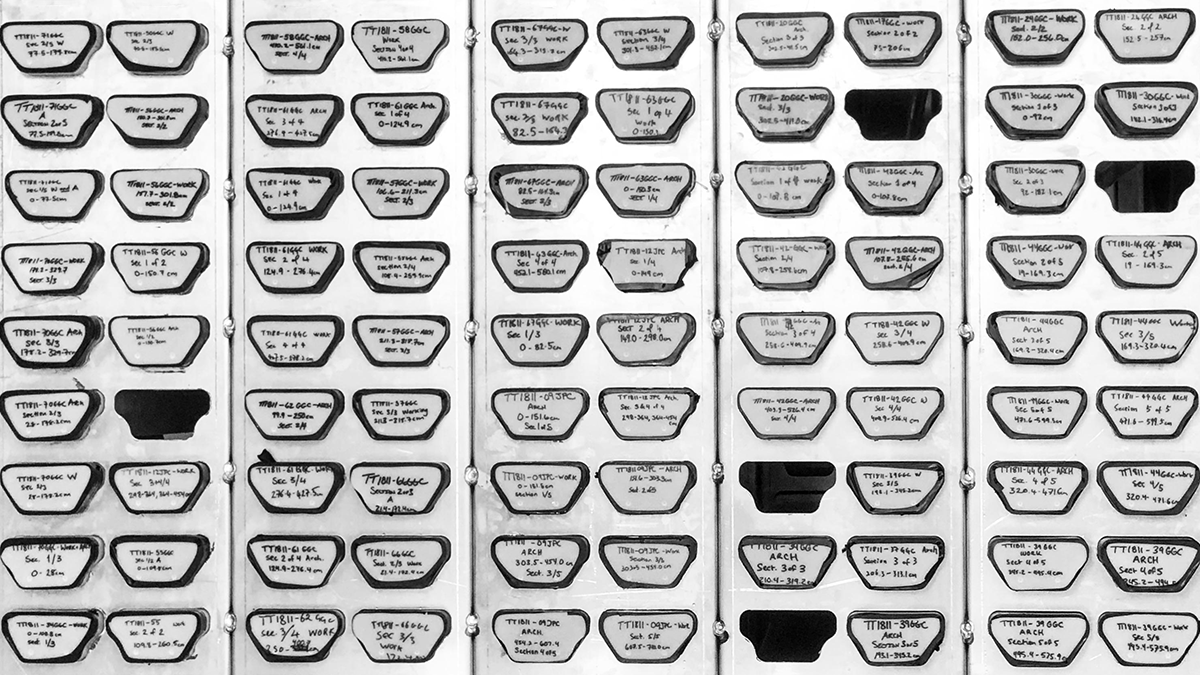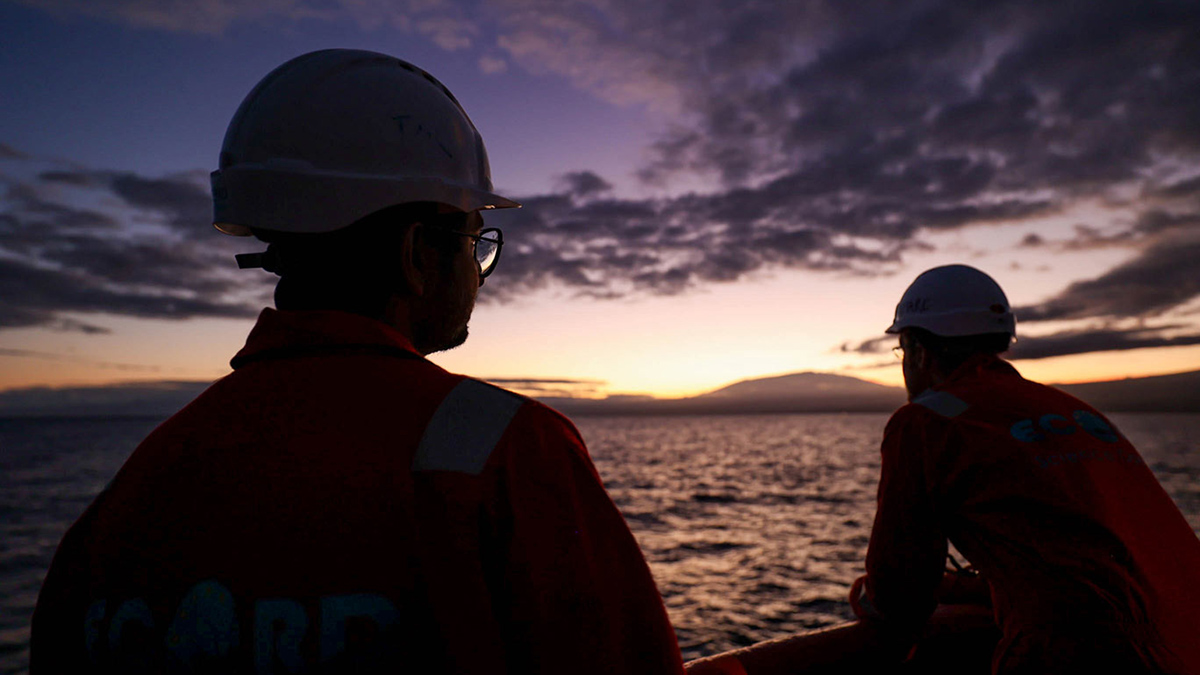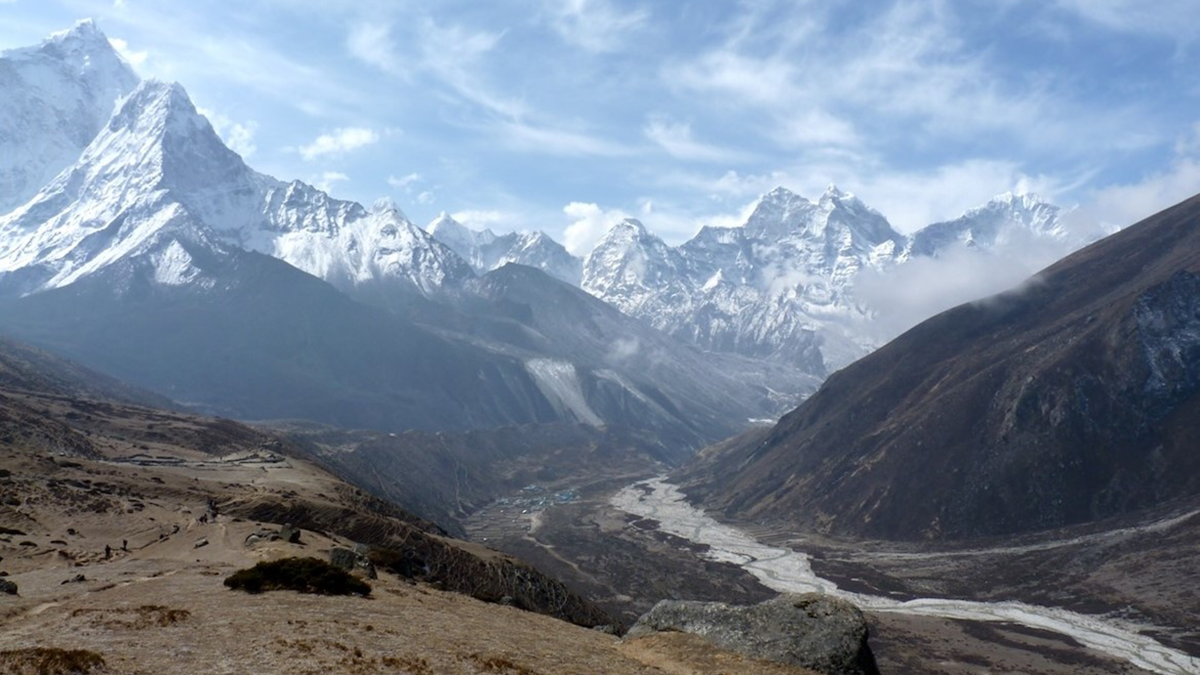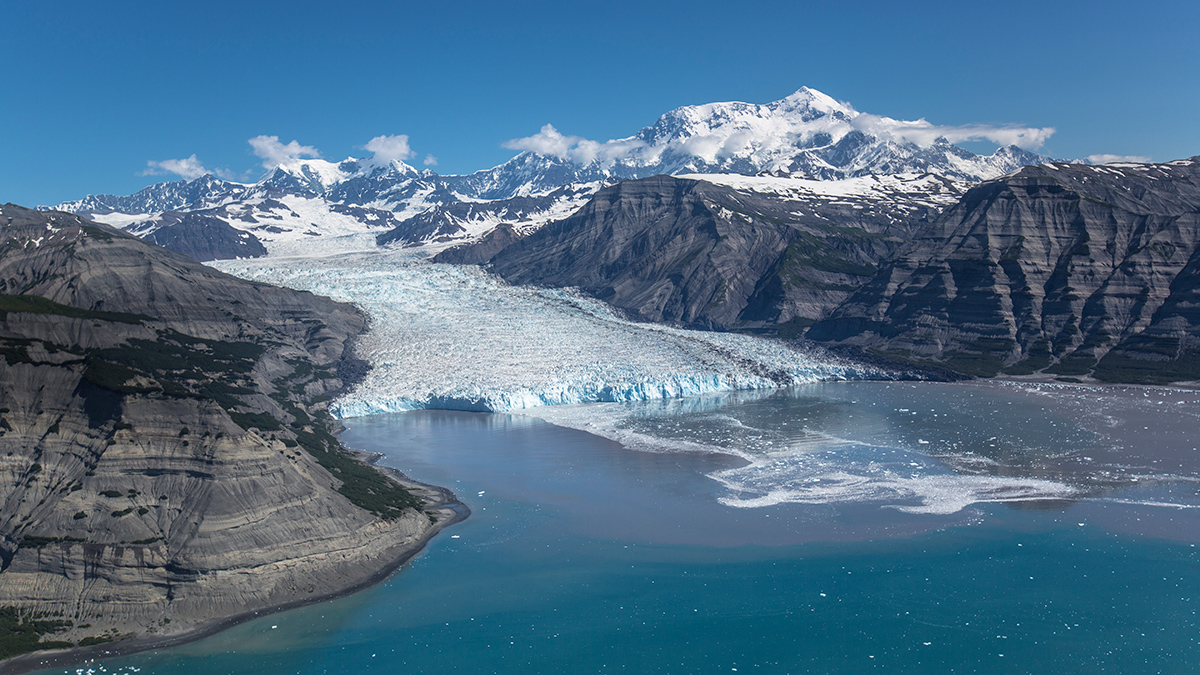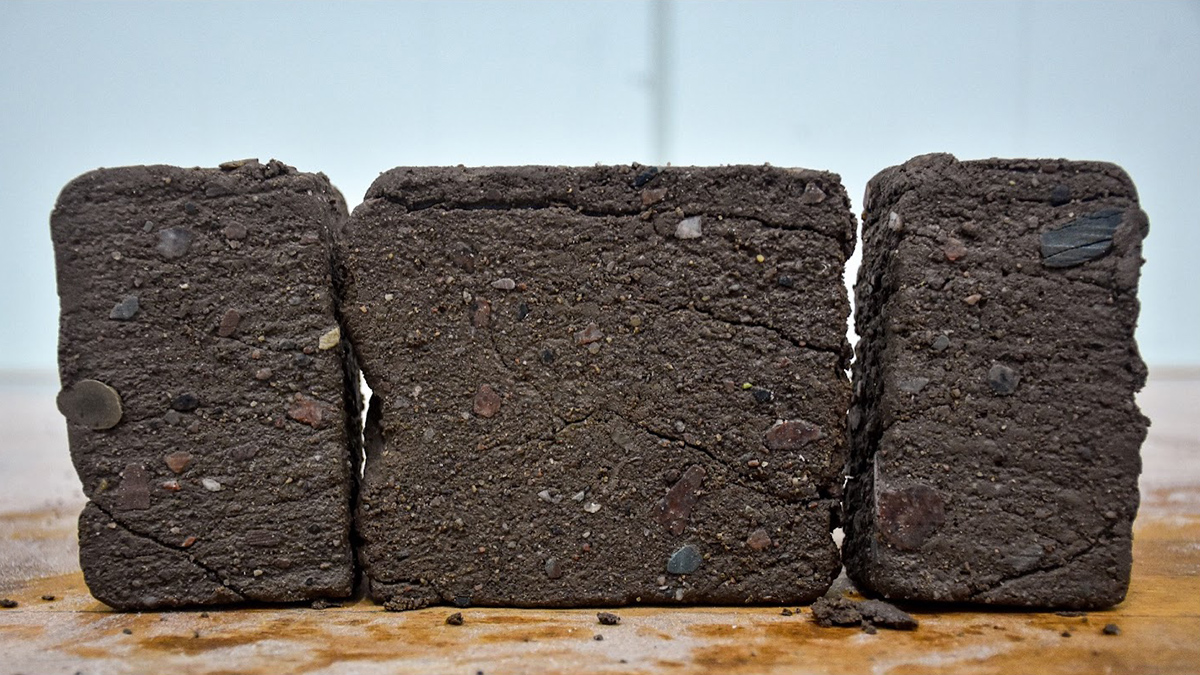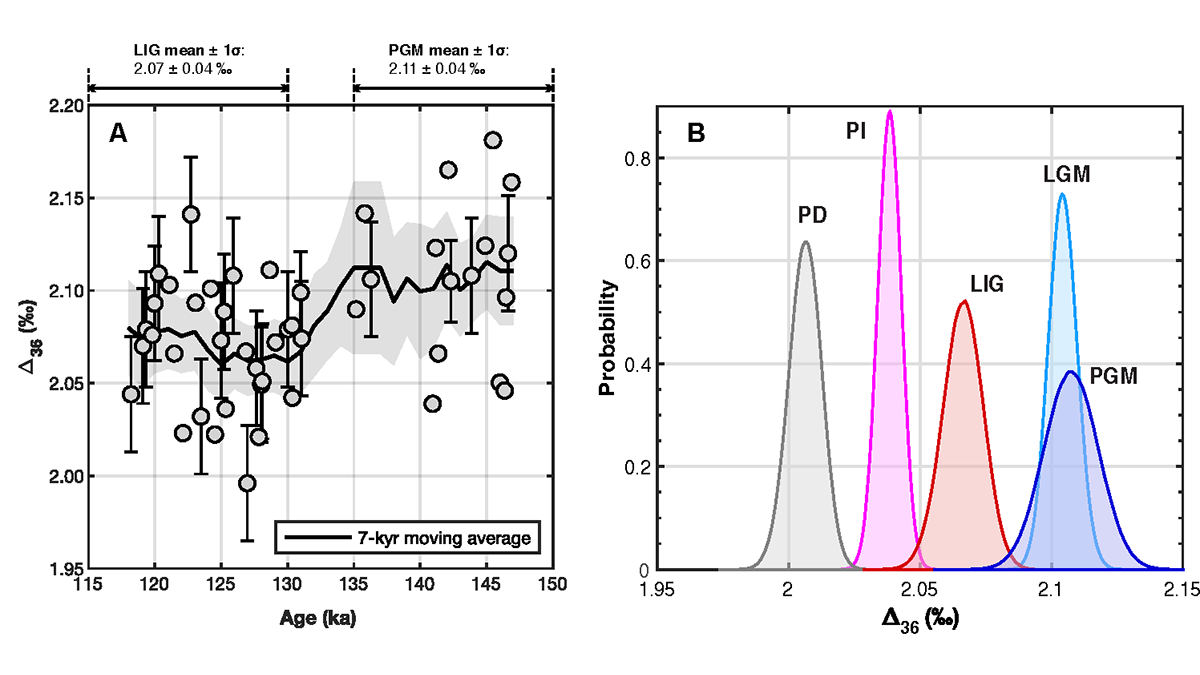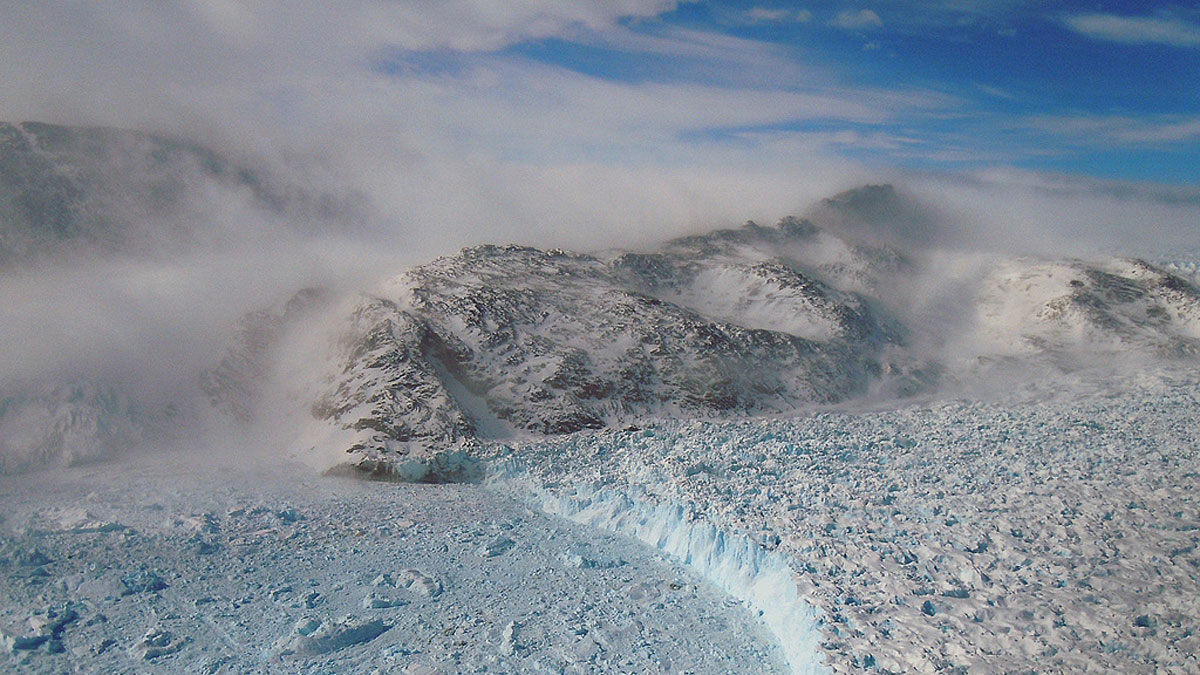Scientists have long suspected that high salinity levels in the deep ocean were responsible for keeping carbon dioxide locked away during the last ice age. New research finds the strongest evidence yet.
interglacials
When Ice Ages End, Ocean Circulation Fine-Tunes Ocean Heat
New Antarctic ice core data bolster model predictions of ocean heat content during glacials and interglacials.
Unlocking Climate Secrets of Hawai‘i’s Drowned Reefs
Researchers set sail to study sea levels, climate, ecosystem responses, and volcanic histories over the past 500,000 years, using an innovative seabed drill to sample fossilized reefs off Hawai‘i.
Sediment Dampens the Impact of Glaciation on Cenozoic Denudation
Rates of continental-scale sediment flux and denudation are similar between glacial and interglacial periods when the aggradation of glacier-eroded sediment inhibits fluvial erosion downstream.
A Million Years Without a Megaslide
A new study goes deep into the Gulf of Alaska to examine the sixth-largest underwater landslide and investigate why a similar event hasn’t happened since.
The Crocodile Dundee Site Helping Rewrite the History of Australian Bushfires
A lake made famous by Hollywood has yielded powerful new evidence that humans have conducted controlled burns on the Red Continent for tens of thousands of years.
Greenland Was Much Greener 416,000 Years Ago
A fresh analysis of a historic ice core has revealed evidence of a much smaller ice cap.
Clumped 18O –18O in Ice Reveals Past Ozone and Wildfire
Reactive gases like ozone are hard to preserve, but clumped isotopes and models provide clues to past ozone and suggest a global increase in wildfire at megafaunal extinction.
“Sticky” Ice Sheets May Have Led to More Intense Glacial Cycles
New research attributes a shift to longer, stronger glacial cycles to increased friction between ice sheets and bedrock in the Northern Hemisphere 1 million years ago.
Inland Mangroves Are Relics of the Past’s Higher Sea Levels
Mangroves found in southern Mexico’s rain forest, 170 kilometers from the nearest ocean, date to a time when sea levels were several meters higher.

